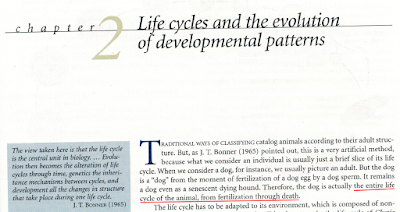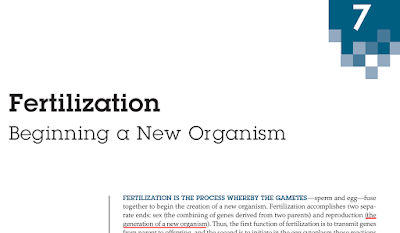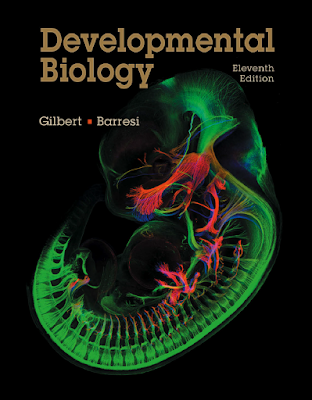Pro-choice embryologist contradicts his own biology textbook.
When we say “life begins at conception,” we mean the human life cycle begins with the zygote. But often others think we are trying to say “people [morally relevant and valuable humans] begin at conception.” This is a philosophical claim, not a scientific one. So when others counter with “science can’t tell us when life begins” they often actually mean “science can’t tell us when human organisms are morally relevant and valuable.” And that’s true.
The issue above is just a miscommunication—a conflation of how we’re using the term “life.” And I don’t begrudge pro-choice people the confusion because plenty of pro-life people make the same equivocation. So when people say “science can’t tell us when life begins” and they really mean “science can’t do philosophy’s job,” I get that.
But often people insist science can’t even do science’s job. They claim that we can’t know when life begins philosophically or biologically. And that, my friends, is flatly false. Biologically we know exactly when each individual human life begins: as a zygote.
Every now and then SPL comes across people emphasizing their scientific credentials but then misusing those credentials to conflate biology with philosophy. They’ll insist we just can’t really know, biologically, when life begins. Here’s a rebuttal we did when a biology textbook author claimed there are over a dozen points at which an organism might magically spring to life. Here’s the piece we wrote when Bill Nye said the pro-life position is based on “bad science” but never quite got around to contradicting a single scientific claim. And here is our response to an embryologist who claimed:
I can say with absolute assurance: There is no consensus among embryologists as to when an individual human life begins.
He goes on to say that some embryologists believe life doesn’t begin until gastrulation, or human-specific EEG waves, or birth. Of course he doesn’t cite a single embryologist claiming life begins at birth. It’s almost as if he’s making it up.
The author of this obfuscating nonsense was Scott F. Gilbert. He is also the author of textbooks on biology, embryology, and bioethics. His textbook “Developmental Biology” is now in its 11th edition. But it’s a quote from the 6th edition that caught my eye:
What we consider an individual is usually just a brief slice of its life cycle. When we consider a dog, for instance, we usually picture an adult. But the dog is a “dog” from the moment of fertilization of a dog egg by a dog sperm. It remains a dog even as a senescent dying hound. Therefore, the dog is actually the entire life cycle of the animal, from fertilization through death. [Emphasis added.]
 |
| (Image from the 6th edition – click to enlarge.) |
Quick searching suggests that quote is no longer present in the more recent 11th edition, but that version does include “Chapter 7: Fertilization: Beginning a New Organism.” In the first paragraph of the chapter, the textbook explains:
Fertilization accomplishes two separate ends: sex (the combining of genes derived from two parents) and reproduction (the generation of a new organism). [Emphasis added.]
 |
| (Image from the 11th edition – click to enlarge.) |
So, according to Gilbert’s textbooks, fertilization generates a new organism, and individuals are individuals from fertilization through death. But according to Gilbert’s political op-ed, there is no consensus among embryologists on when an individual human life begins. If we’re interested in scientific accuracy, I wonder which Gilbert we should listen to?
 |
| The most recent edition of Gilbert’s textbook. |

Leave a Reply
Want to join the discussion?Feel free to contribute!